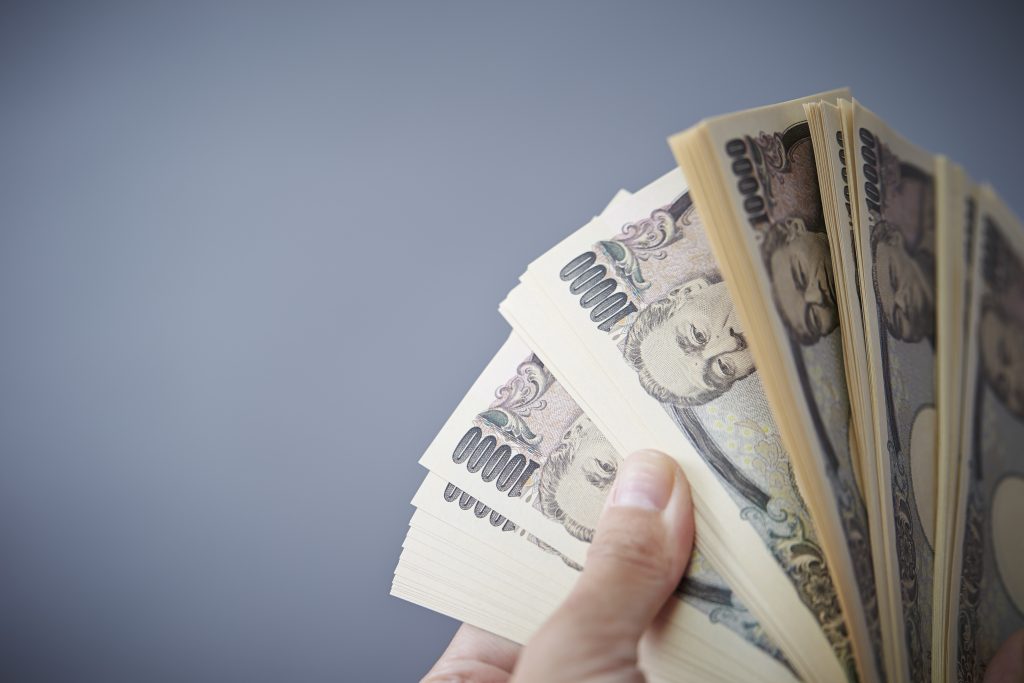
- ARAB NEWS
- 31 Jul 2025

About 388,000 applications were made between March 25 and May 30 under a special loan program in Japan from households financially hit by the fallout of the new coronavirus epidemic, officials of the Japan National Council of Social Welfare have revealed.
Decisions have been made to provide a total of 74.5 billion yen in about 343,000 cases, or nearly 90 pct of the total, according to the officials.
The amount has surpassed some 68.2 billion yen extended in about 205,000 cases under the program between fiscal 2009 and fiscal 2011, after the financial crisis triggered by the collapse of US investment bank Lehman Brothers in September 2008 and the March 2011 powerful earthquake and tsunami mainly in northeastern Japan and the subsequent severe accident at Tokyo Electric Power Company Holdings Inc.'s Fukushima No. 1 nuclear plant.
Loans under the program are designed to help applicants cover living expenses.
Local branches of the social welfare council have been flooded with inquiries about the special loan program amid the coronavirus epidemic, with one official saying, "The number of people struggling for funds for immediate needs is far more than we expected."
The council's branch in Tokyo's Ota Ward is receiving 400 to 500 inquiries a day, including via the phone, from taxi drivers, restaurant workers and others.
The number of foreign residents visiting the branch has been increasing since May, with many of them apparently having learned about the loan program by word of mouth, according to the council.
Tiwari Raju, a Nepalese man, 33, who works at a curry restaurant, was among them.
"I received no salary in April and May as the restaurant was suspended" due to the epidemic, he said. "I can't pay my house rent," said Raju, who lives with his wife and a 9-month-old daughter.
Under the program, up to 200,000 yen in emergency interest-free one-off loans is provided to each applicant.
Households that need more can additionally receive a monthly amount of up to 200,000 yen, also free of interest, for three months. The add-on monthly amount is 150,000 yen for those living alone.
Loans are provided without cosigners under the program.
Even households not in the low-income bracket can use the program if their incomes have declined due to the virus crisis. Low-income households exempt from residential tax do not need to repay the loans. The program is available to students as well.
Loan applications are received at branches of the social welfare council and of "rokin" labor banks across the nation, as well as by mail.
Initially, applicants were required to submit seal registration certificates and documents proving that their incomes have declined.
But such procedures, as well as interviews, were omitted later to provide loans as quickly as possible.
The one-off loans are remitted to applicants' bank accounts after one or two weeks of submitting applications.
Apparently on the back of the massive loan applications related to the coronavirus outbreak are the simplified procedures and delays in the payments of other public aid, such as 100,000-yen cash benefits per person under a central government program.
At the early stage of the virus crisis, there was a lack of financial support programs for individuals, Koji Ito, an official of the social welfare council, said. "There were no programs (other than the special loan regime) that allow people to get cash aid promptly," he added.
While applications for the one-off loans are believed to have peaked out, those for the three-month loans are expected to continue increasing, he said.
Responding to the surge in applications, the Japanese government earmarked 204.8 billion yen as resources for the special loan program under its fiscal 2020 second supplementary budget enacted on Friday.
The amount of financial resources prepared for the program now stands at 267.4 billion yen, including funds set aside under the first supplementary budget for the year that started in April.
In addition, the government has extended the deadline for applying for the special loans until the end of September.
JIJI Press